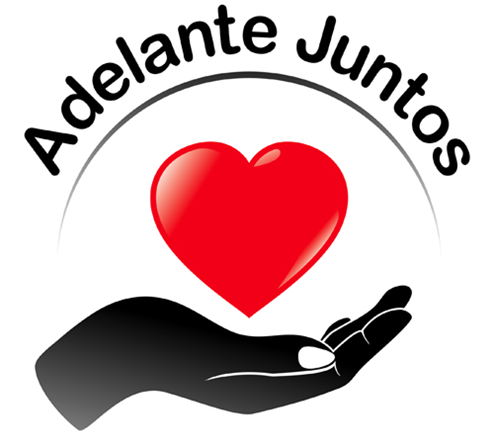Las Peñas is a small, close-knit, mountain community of 31 families about 40 km north of Jalapa. Due to the bad state of the road it takes two hours in a 4×4 vehicle to get from the city to the community.
The families live in extreme poverty, as there are no sources and opportunities for formal employment. They all survive through subsistence farming, growing corn and beans, and when they can, they go to neighboring farms to work on the land
All of the houses are informal dwellings, made of simple materials, mud with wood, or in the best of cases of adobe; there is not a single house that has block or more formal construction materials. They cook their food with wood fire. The houses usually consist of a room where everyone in the family sleeps and a small kitchenette. The people also keep small animals (chickens, pigs, etc.) in these small spaces that they use for food.
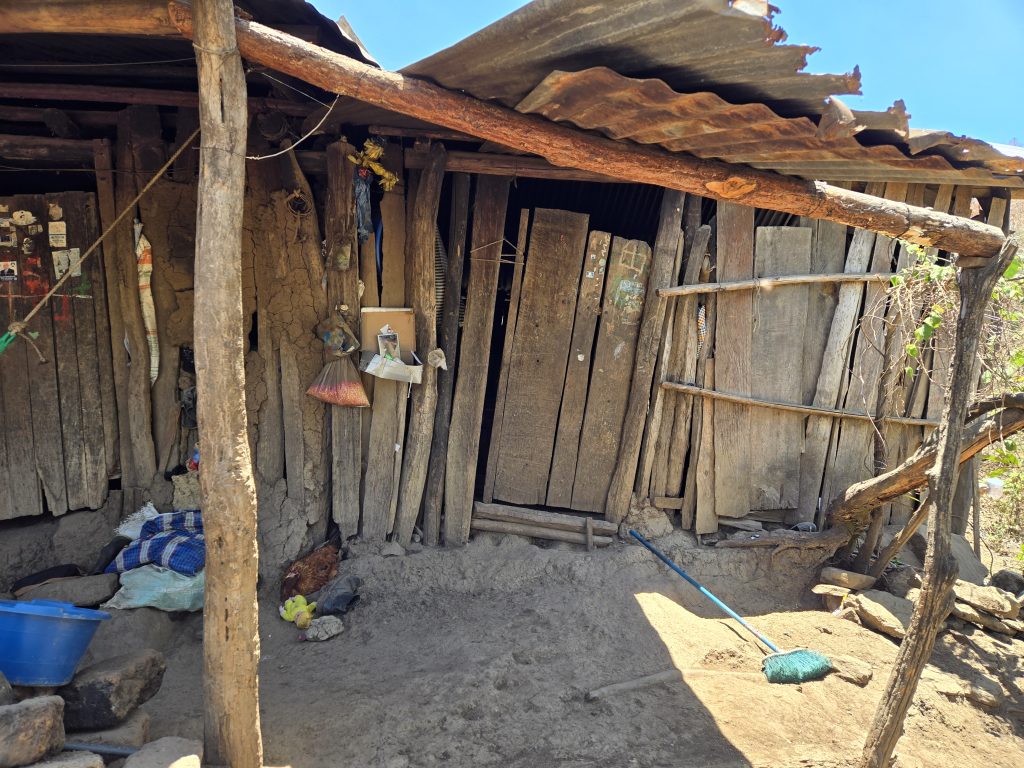
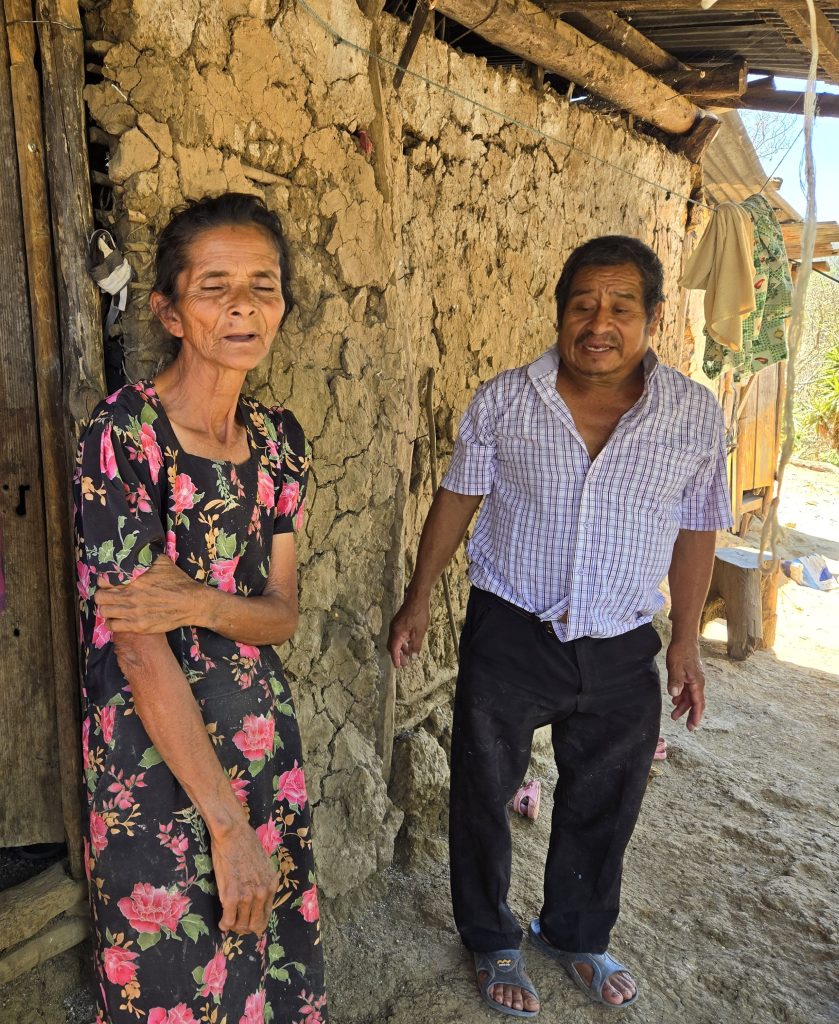
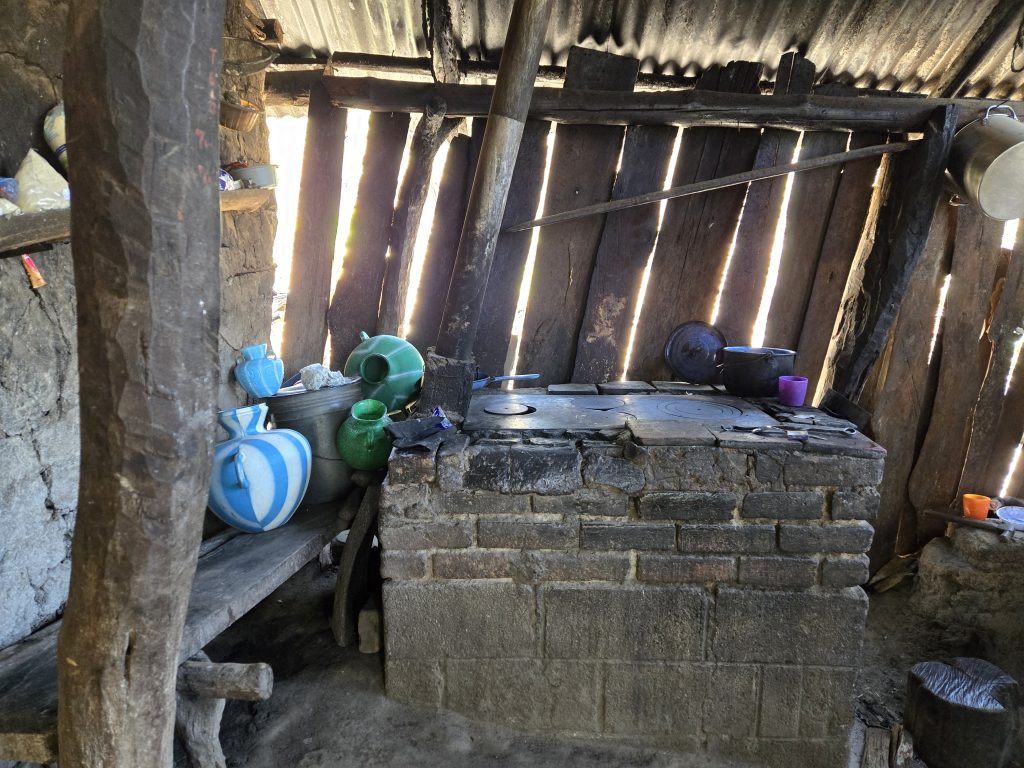
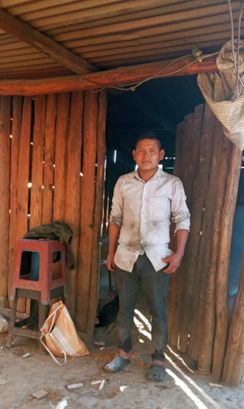
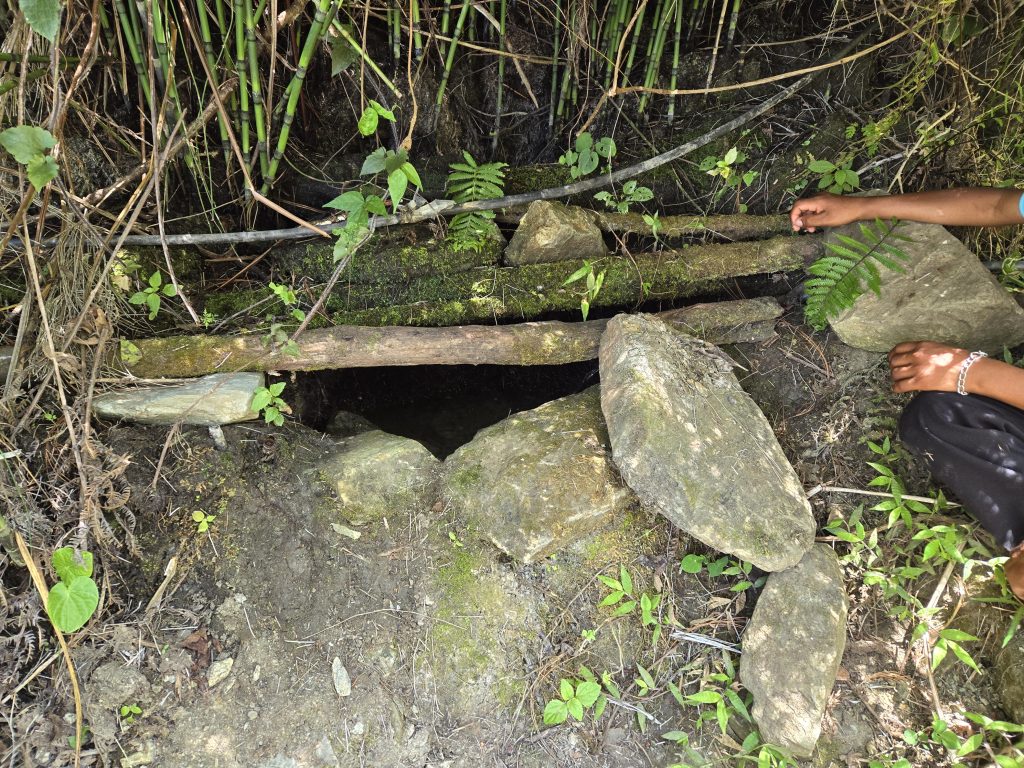
The water that they drink is from untreated spring about 1 kilometer above the community. They bathe in a river that is one hour away.
The families do not have access to health services and must travel to Jalapa or El Progreso. When someone gets seriously ill, they have to carry them on their shoulders to some place where they can be treated because residents can’t afford cars. They receive no doctor’s visits.
Many children have not had access to education. The nearest school is an hour away but to get there, the children have to cross a small river that in winter swells and becomes dangerous. The few children who attend school cross the river by tying themselves with a rope to prevent being swept away by the current. Recently, the Catholic church built an open-air classroom and have an assigned teacher. However, school is postponed on hot, cold, rainy and windy days because the children are uncomfortable
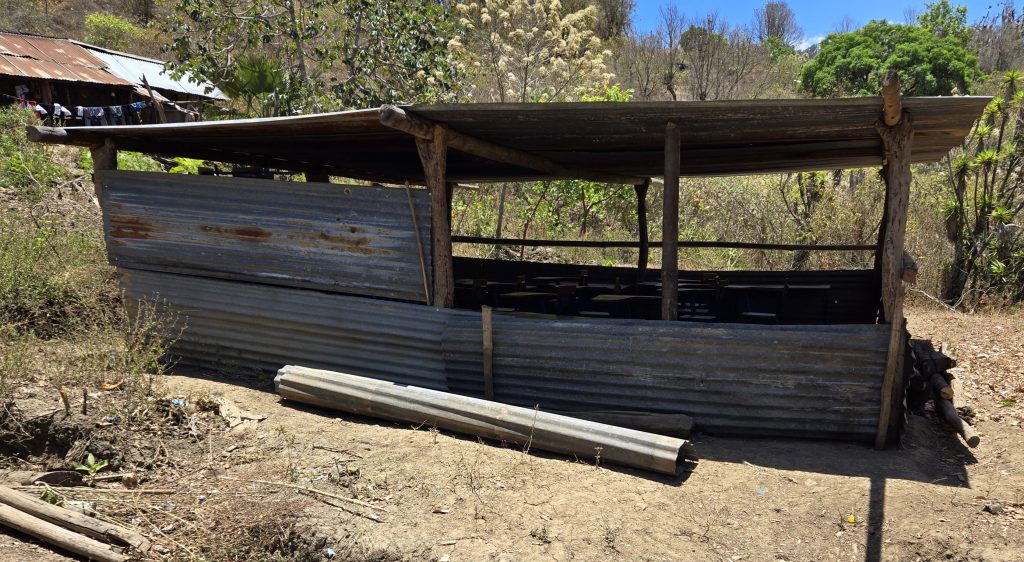
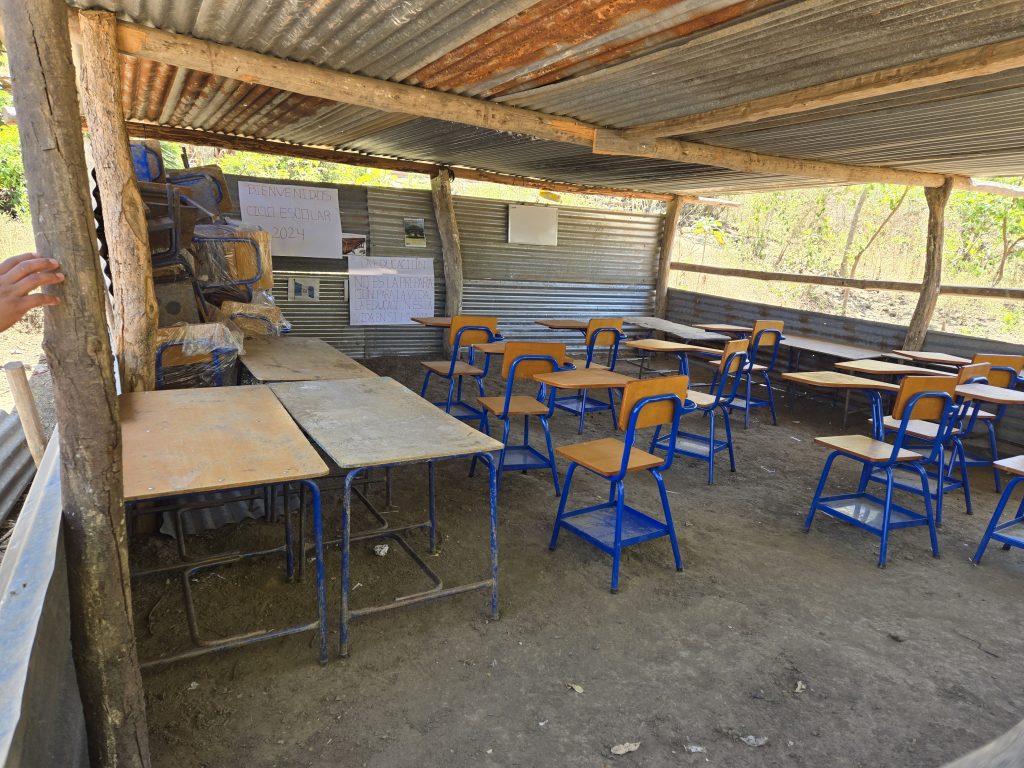
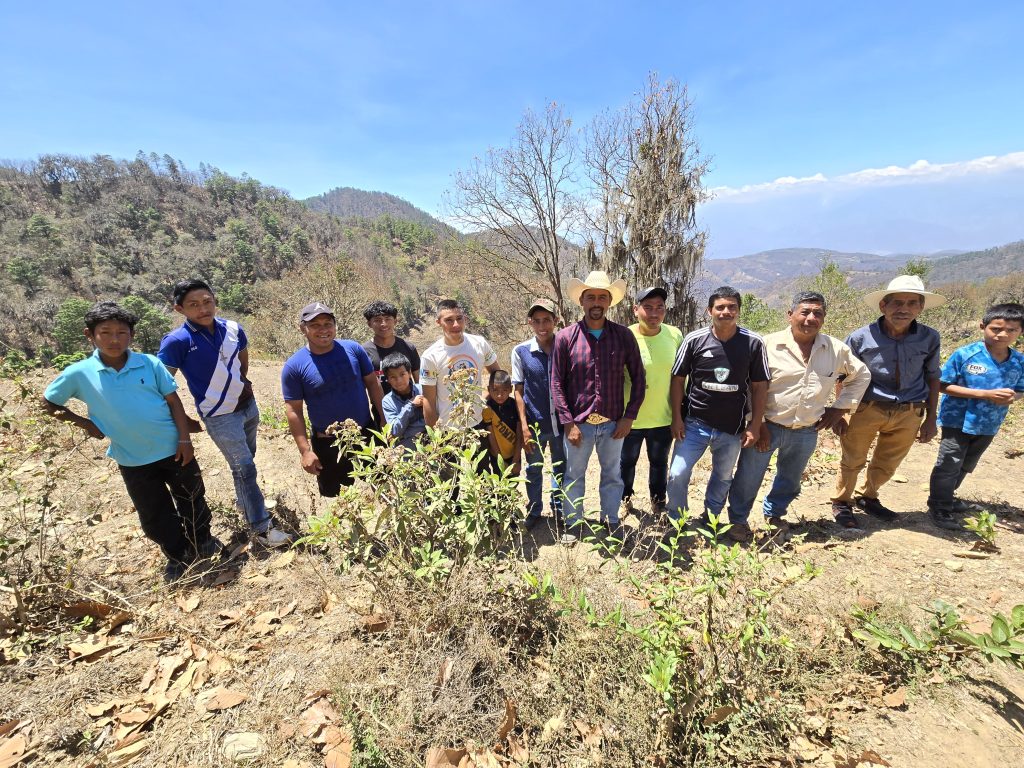
The community is lead by an elected leadership commitee called COCODE (Consejo Communitarios de Desarrollo Urbano y Rural)
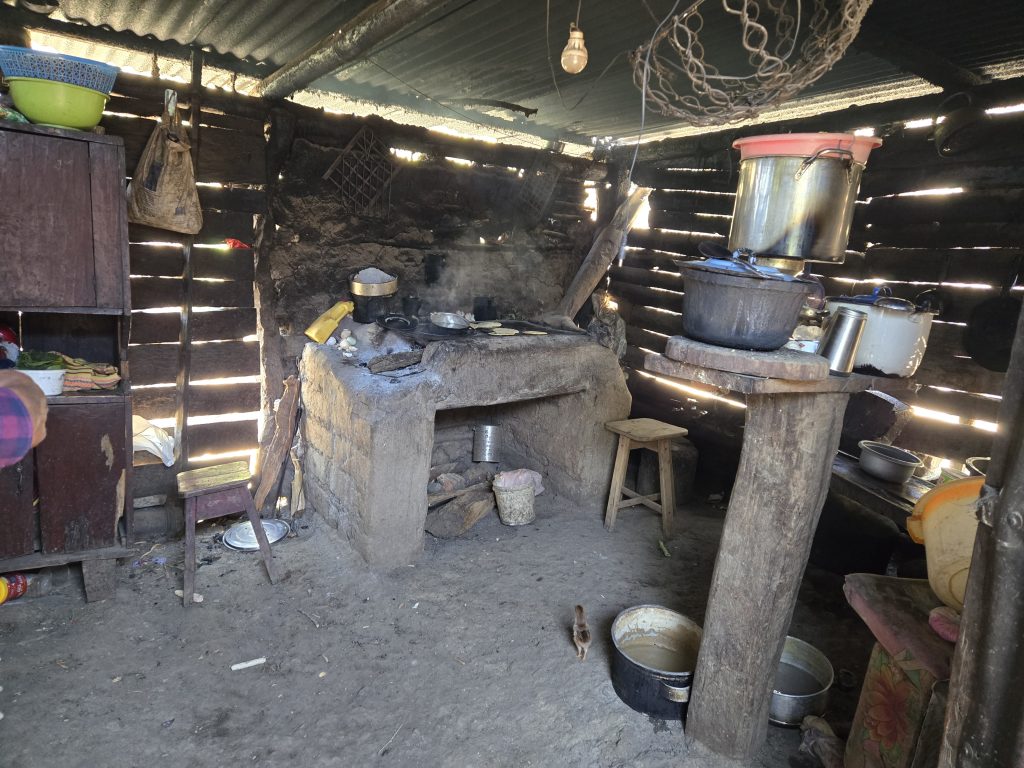
Unvented wood-burning stoves were noted in many houses.
Women and children are primarily responsible to fetching water, gathering firewood, cooking, and help with subsistence farming.
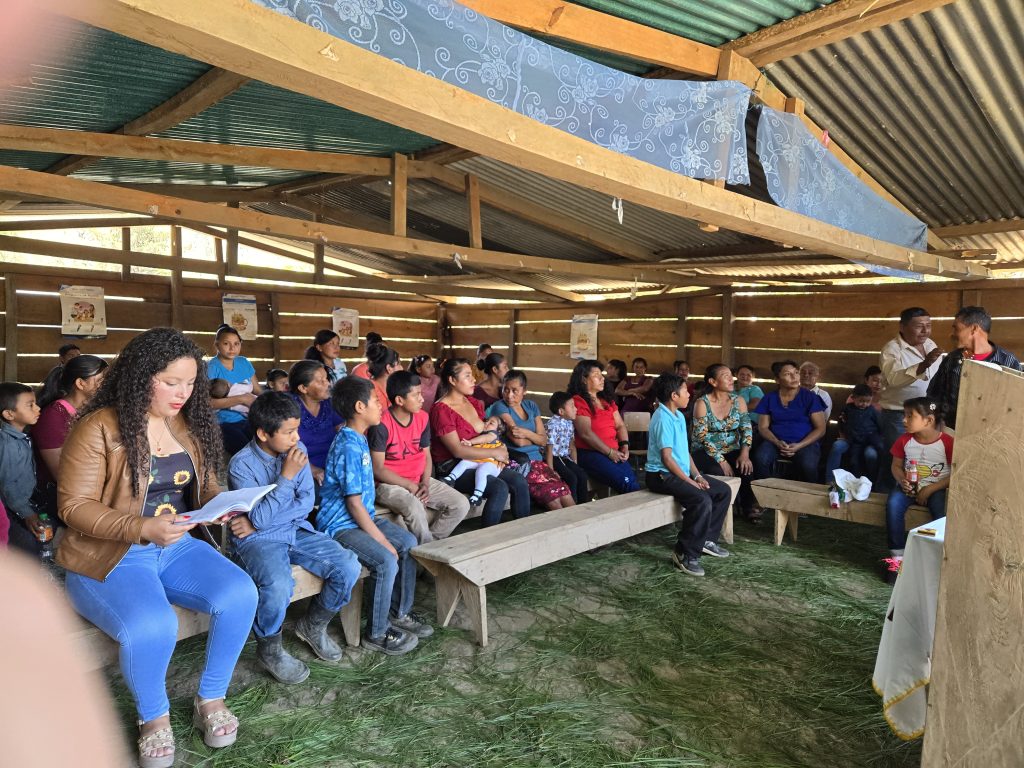
The community has a one room, open-air church, which also serves as a community center.
